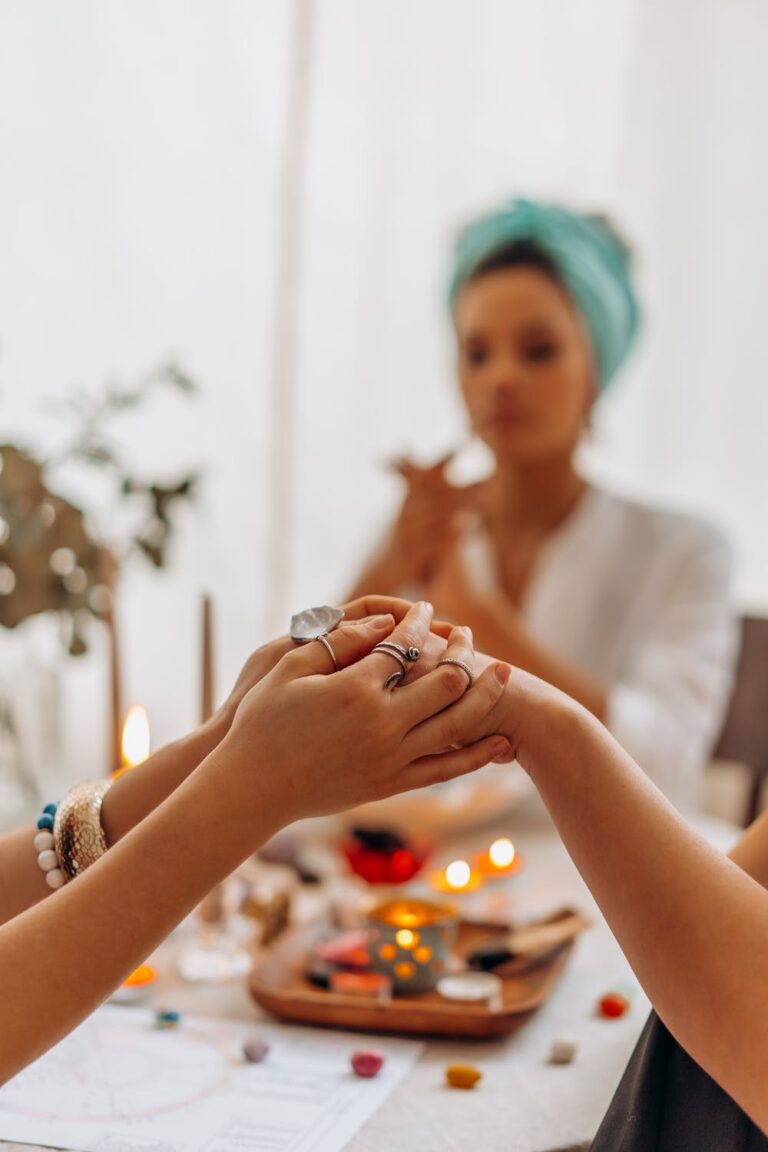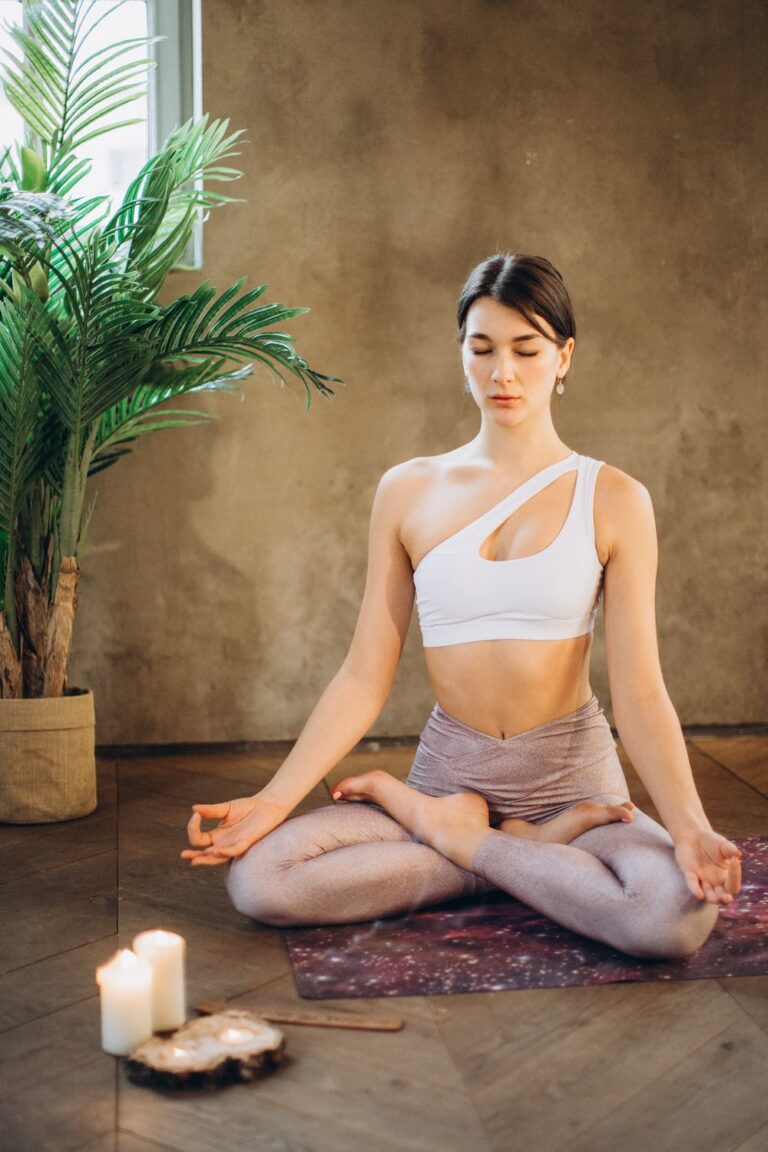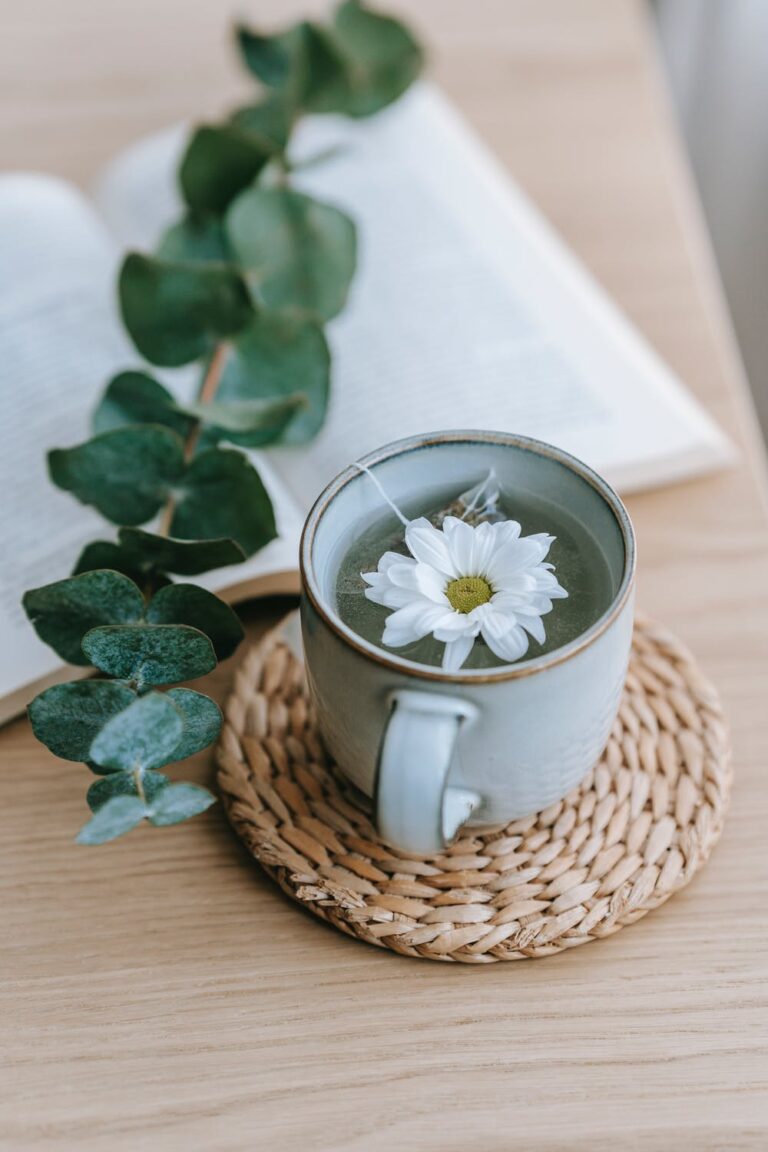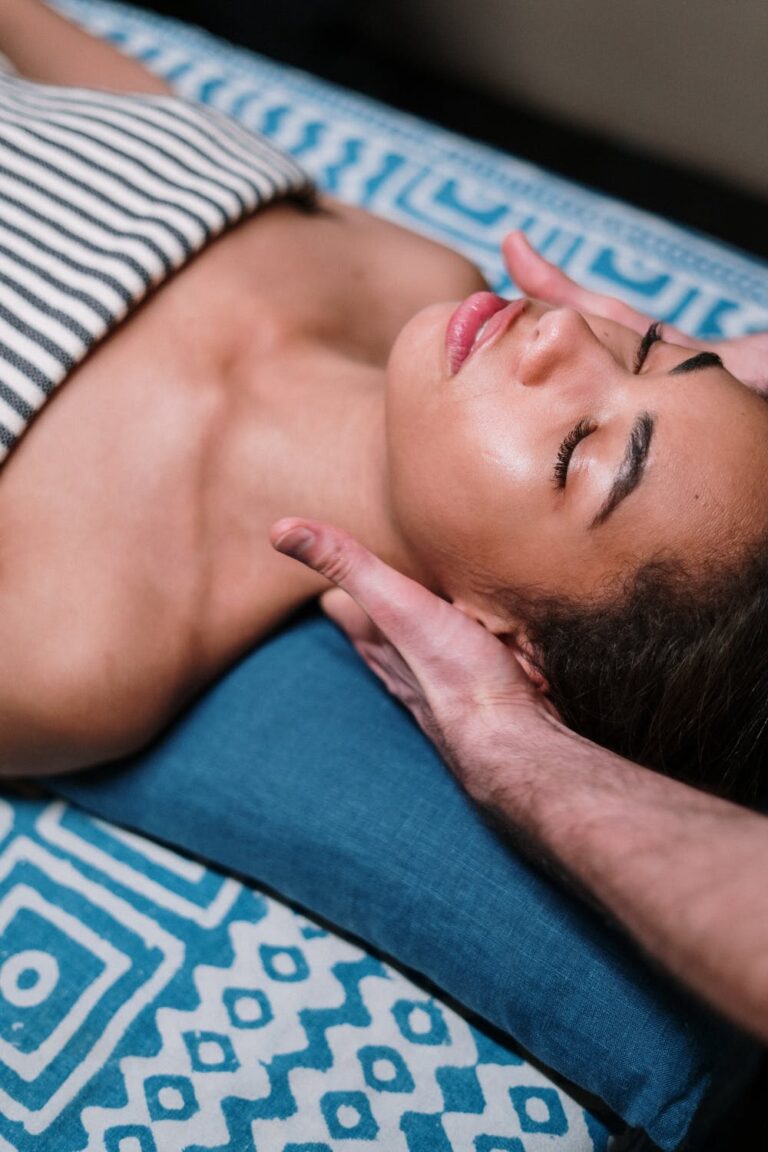Anxiety disorders aren’t just about feelings of worry and concern. Anxiety disorders are very real medical challenges, and they can cause physical symptoms as well as mental ones. Anxiety can feel like a weight on your chest. It can feel like it’s stopping you from breathing. It can feel like you’re having a heart attack. Addressing anxiety isn’t just about learning to “chill out”; it’s about creating real solutions to address real mental and physical health needs.
Many of us could use a hand with this. Anxiety disorders are the most common sort of mental health disorder in the United States, and they affect more than 40 million Americans. And anxiety disorders may actually be becoming more common, as statistics show that cases are becoming more prevalent. Whether it’s the result of improved diagnostic processes, greater access to mental health, or a real increase in anxiety cases within the country, the high numbers we’re seeing are clearly a cause for concern.
Anxiety is a difficult problem to live with, but it’s not impossible to treat. Here are a few basic strategies for getting a handle on your anxiety.
Get help
Did you think that all of these anxiety-fighting strategies were going to be simple little lifestyle changes? No way. The reality of anxiety is that it is a mental health disorder, and that means it requires real mental health care to address it. If you aren’t already seeing a psychiatrist, psychologist, counselor, therapist, or other mental health care expert, then you need to do that now.
If you’re not sure where to start, call up your primary care physician and ask for a referral. If you can’t make it to an appointment in person, consider video chat options; these days, you don’t need much more than an email address in order to access therapy. Whatever your excuses, find solutions and be proactive. Act now, get help and start addressing your anxiety with the help of a professional.
Adjust Your Daily Health Routines
It’s no secret that the things you ingest and the exercise you get will help determine your physical health. But what many of us fail to realize or appreciate is the fact that our mental health also depends a great deal on these things.
Eating right by focusing on whole foods (especially vegetables) and avoiding processed junk will help you trim pounds, but nutrition is also shown to help with mood and mental health issues. Regular exercise can elevate your mood, too. And then there are the many supplements and natural health products you may want to consider.
Among these is CBD, one of the most popular supplements on the market right now. Researchers believe that CBD may help reduce symptoms of anxiety in those who take it. And there are plenty of ways to take it because CBD products include CBD vape oils, CBD tinctures, and CBD edibles.
CBD comes from the marijuana plant, but it won’t get you high. It’s also widely legal, unlike marijuana itself and THC, the chemical compound that is responsible for getting marijuana users high. CBD is easy to access and easy to add to your health routine. For more on CBD, check out a reliable source like Bloom and Oil. Bloom and Oil specialize in natural health products that range from essential oils and rosemary to CBD and hemp products.
Reconsider Your Work/Life Balance
What causes you stress? For many Americans, the answer is work. That’s understandable, but that doesn’t mean it’s okay. And if you’re not careful about where you draw the boundaries between your work life and your personal life, then you could end up feeling like you’re part of the office staff in your own home or at your favorite restaurant.
Develop personal boundaries. Write your own mission statement — and your own privacy policy! Set down hard-and-fast rules about when and where you will or won’t be “on the clock,” and do everything you can to respect those rules. Avoiding work after certain hours and in places of rest (like your bedroom) can lead to better sleep, happier moods, and lower stress levels.
Be sure to get out of your work life entirely once in a while, too. You can’t spend every week in Santa Monica of Spring Lake Heights, but a place like the Oregon Coast can be a real “site for shore eyes” after long days and weeks at the office.
Take time off work to run errands and make appointments, too. Don’t wait until you’re on your vacation time to get an eye exam or address a medical issue like inflammation. Work with your employer to find time to go to regular weekday appointments, and save as many vacation days for the anxiety-free purpose they’re supposed to serve: vacation!









